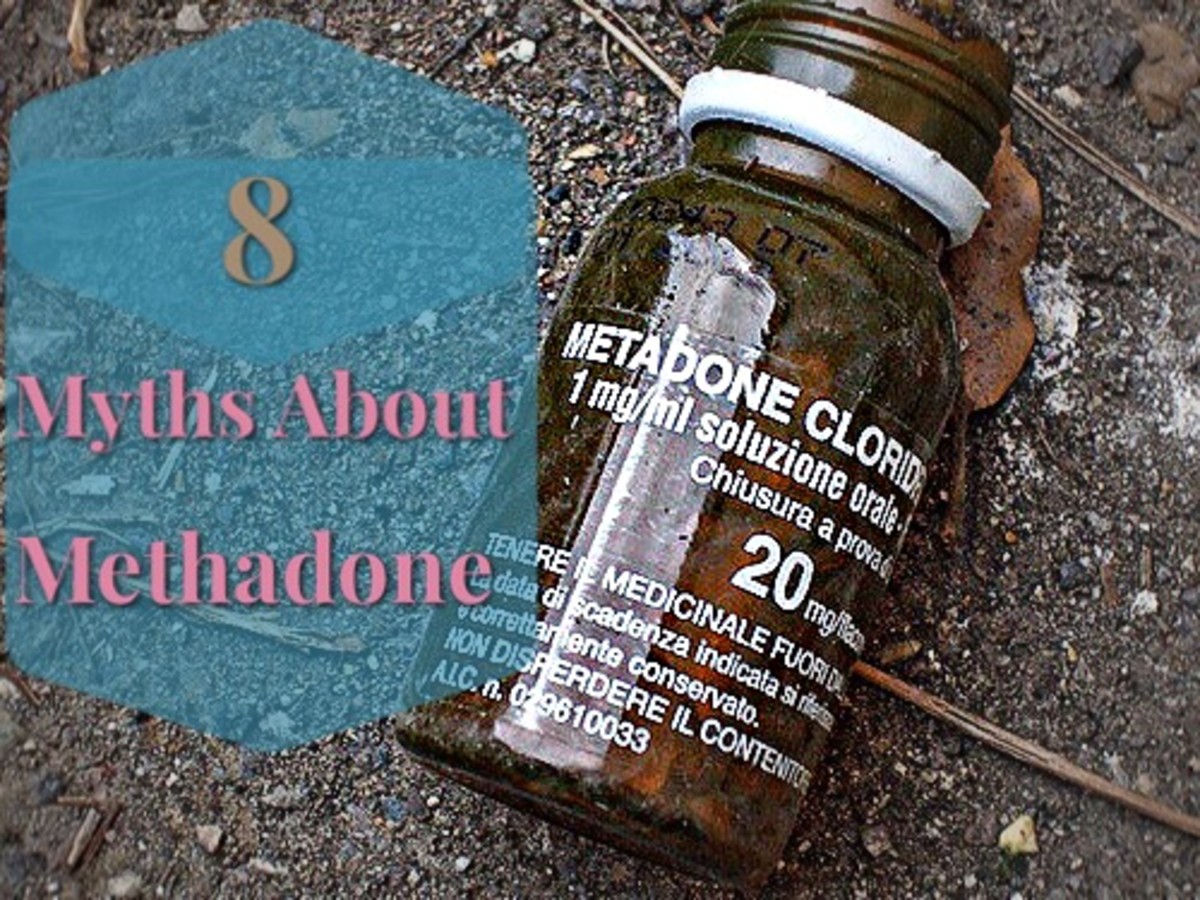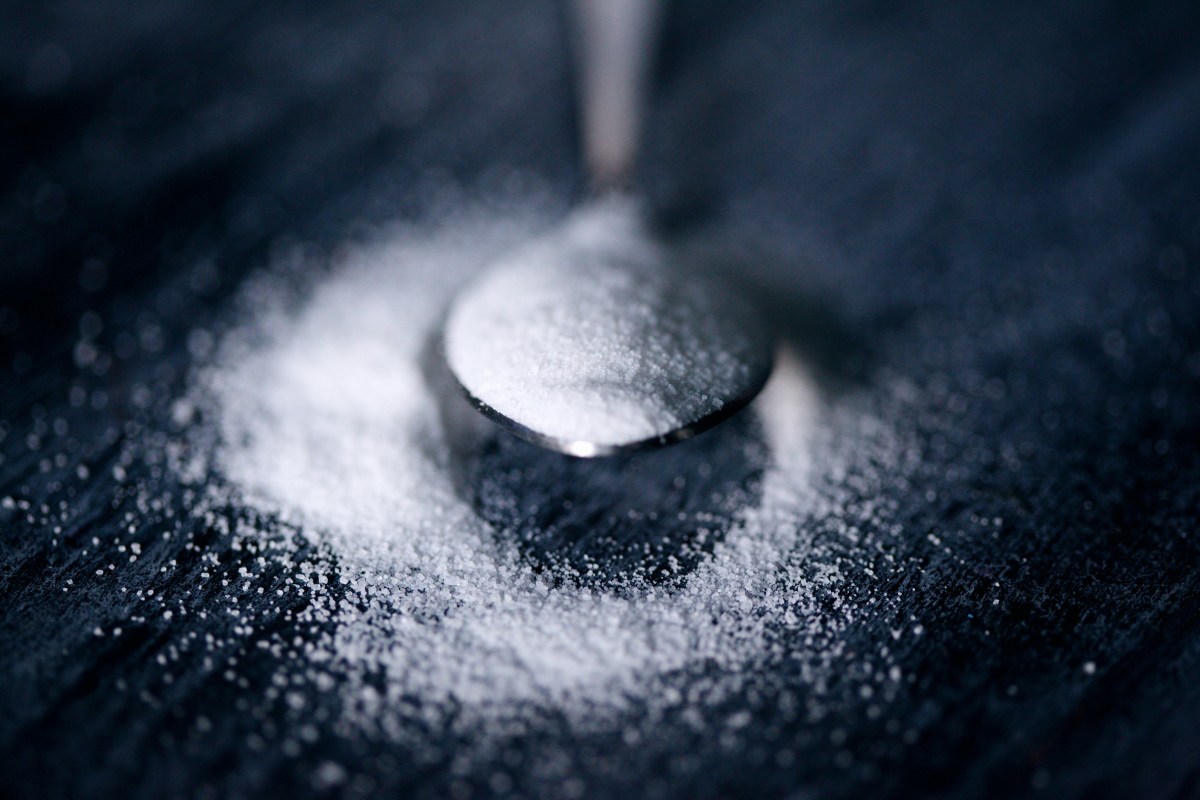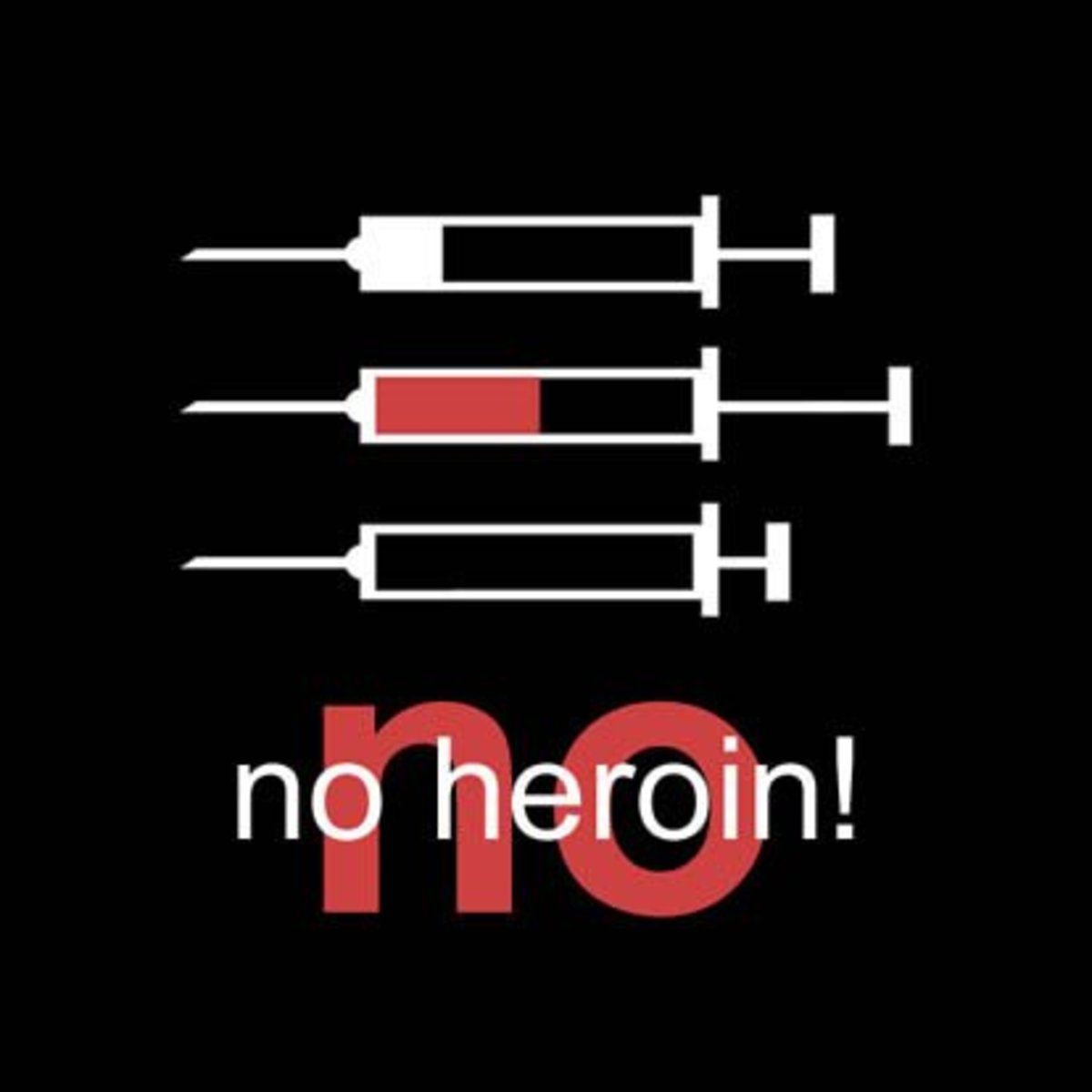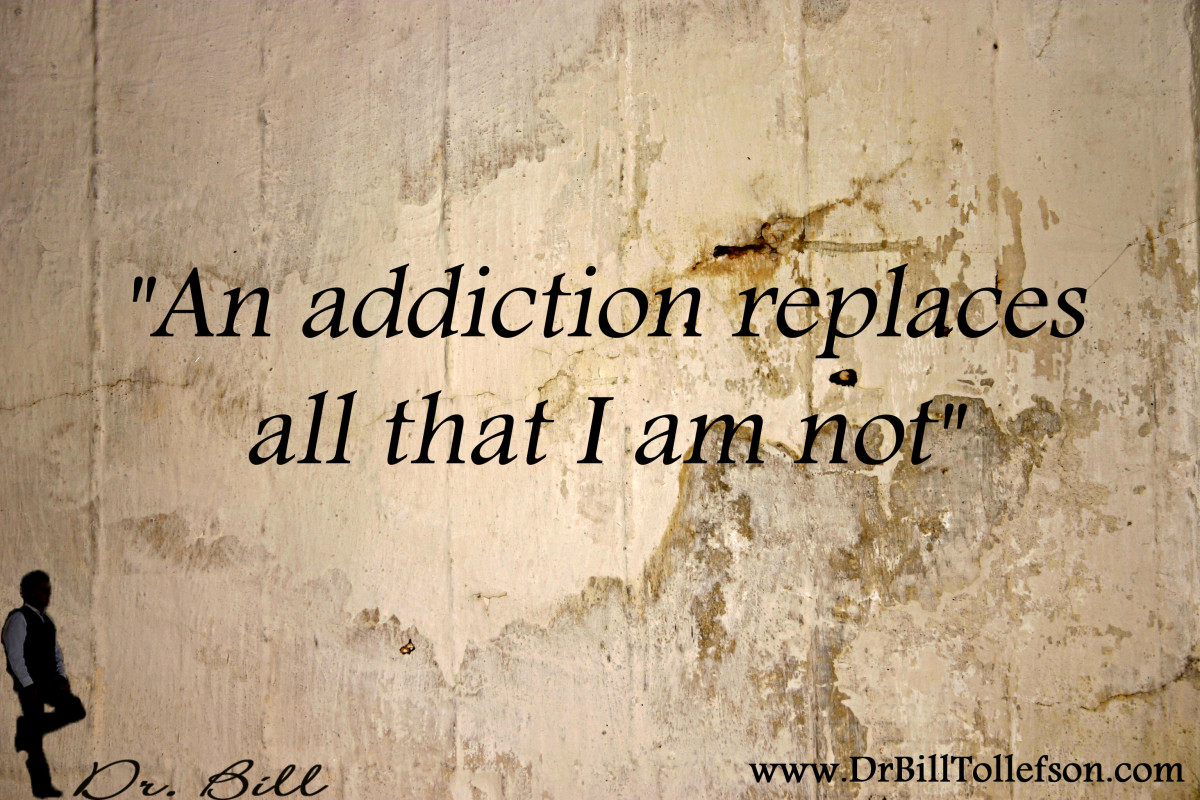- HubPages»
- Health»
- Mental Health»
- Addiction
The Deadly Effects of Gambling Addiction on Depression

Gambling Addiction vs. Depression
How deadly are gambling addiction's effects on depression?
The answers aren't as clear as you think.
We know that any form of addiction can lead to depression and subsequently depression can lead to addiction, but what happens when they mix.
Is gambling disorder and addiction worse than we thought?
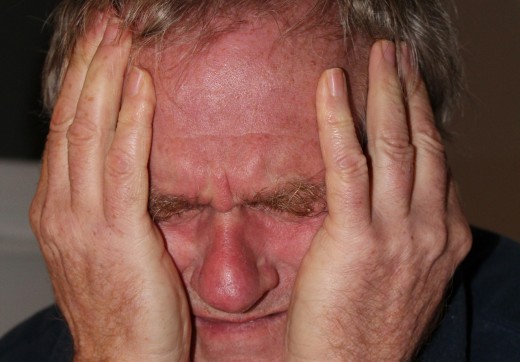
Does Gambling Addiction Cause Depression?
Anyone who comes across this question may think they already know the answer, but from a first-hand experience, I can tell you it's not always clear.
As a survivor of gambling addiction, I had no physical or mental signs of actual depression despite financial losses piling up. In fact I was happy most of the time alone and in public places.
Some of the reasons for that are:
- Gambling addicts often don't realize they have a problem
- The addiction isn't severe
- The joy of gambling supersedes feelings of depression
In my situation the addiction wasn't at an extreme level otherwise the chances of other mental illnesses would have rapidly gone up.
But how significant does length of addictive behavior play a role in developing other mental illnesses like depression?
The results may shock you.
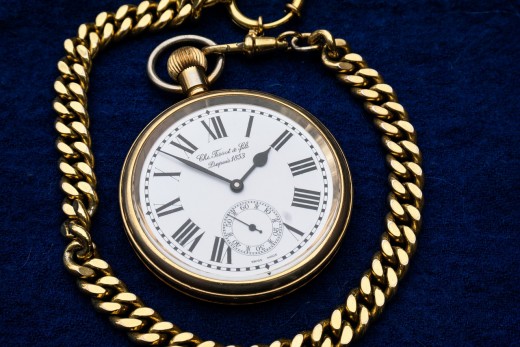
Can Length of Addiction Increase Mental Illness?
How much significance does time actually have when you're a gambling addict?
Again it sounds like the answer is obvious, but a prolonged length of time with a disorder doesn't mean you'll develop other psychological problems.
This is due to several factors including:
- Socialization
- Restrained Addictive Behaviors
- Sense of Self
- Intelligence
The more you surround yourself with friends, family, and healthy relationships, the less likely you'll develop psychological disorders despite being an addict.
Likewise socialization acts to restrain the intensity of your addictive behaviors causing them to halt progression beyond moderate levels for a while.
Because your gambling struggles don't worsen, you feel like you're in control which intensifies your sense of self. In your mind the disease isn't king or queen, you are.
Finally how intelligent and logical you are greatly helps addicts because having smarts makes you aware of your actions. When you have good awareness, it prevents you from entering obvious pitfalls.
So if those four factors negate gambling addiction's progression, then how long does it take to finally worsen?
Will You Succumb to Severe Addiction?
If everything is balancing positively for you, then what will be the trigger that ultimately worsens your addiction.
Before I can answer that question, I have to remind you that there are multiple pathways that'll develop over time. Some are good while others can be terrifying.
Below are three common pathways long-term addicts eventually follow:
- They recover due to numerous positive factors that attack the root of the problem
- Their addiction remains static with ups and downs for years or decades to come
- They get worse, and things escalate quickly potentially resulting in deadly consequences
So the first makes sense if you know the positive things that prevent gambling addicts from getting worse. The support system is there, they're intelligent and in-control, and eventually the good wins out.
On the second pathway, they're able to maintain their status quo without going one way or the other due to established long-term behavioral traits.
Think about this, do you think most smokers who've smoked the same amount of cigarettes for 30+ years will suddenly change? Probably not.
Lastly the final pathway is where the addiction spirals out of control.
It's where even the most positive aspects start to break down. The gambling slowly worsens, which causes a domino effect of socialization issues, loss of control, and a collapse in logic.
Once the transition phase happens, it won't take long for things to go from bad to deadly. This is where a slew of other mental illnesses quickly develop, and the depression turns ugly.
But how ugly does it get and is it worse than non-addictive depression?
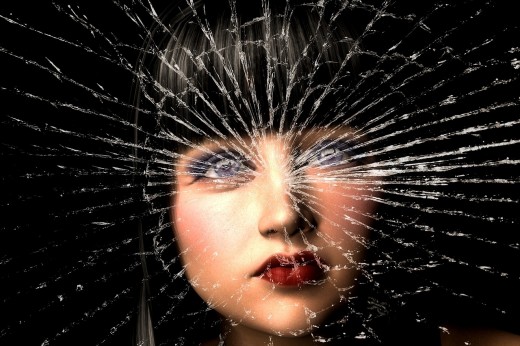
The Worst Form of Depression
It's one thing to develop depression due to genetic factors, bereavement, and other social issues, but it's another to have it swiftly arrive because of gambling addiction.
If you've ever read the DSM for major depressive disorders, then you'd note that depression doesn't get diagnosed until weeks of symptoms occur.
So then what happens when it arrives instantly?
Rapid depression is terrible for several reasons including:
- No time to recover
- Lack of diagnosis
- Instantly increases suicidal tendencies
Depression for gambling addicts sometimes doesn't arrive until the very late stages, and it feels instantaneous. One massive financial loss is all it takes for an addict to go to the extreme where there's no time to gather themselves.
The feelings of loss and anger over a huge debt can arrive within hours to days at most, so there's no time to diagnose and cure those feelings.
There have been instances where a couple hours of gambling have caused people to commit suicide because of severe debt that was too much to handle.
Depression is already a scary thing, but you need time to process it. Unfortunately a severe gambling addict may not have that time, and it can be fatal.
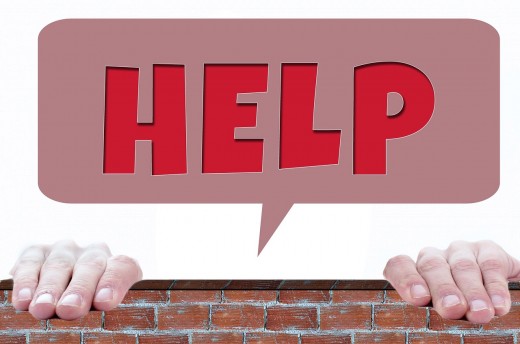
Is There a Cure for Severe Gambling Addiction?
Can addicts be cured no matter how severe the illness?
While psychologists, psychiatrists, therapists, and people will tell you that of course they can, I personally believe they're not being completely honest.
I've seen what severe addiction does to people, and those individuals are so lost that no amount of therapy or medicine will help.
Obviously doctors and therapists will never tell you that, but that's how bad things can get.
On the other hand you can be in pretty bad shape and get better, but it's harder when everything happens instantaneously with violent addiction.
Like their sudden onset of depression, there's either little time to cure them or it's already too late. You can entrap and have them institutionalized but chances are it won't do anything.
There's only so much people can take before it's too much.
I'm happy to say I took the first path with my gambling problem, but many of my peers weren't so lucky. That's why you have to get help even if your behaviors remain steady.
Remember that for addicts, there are merely three pathways you're guaranteed to follow.
Don't take the chance of going down that third path.


